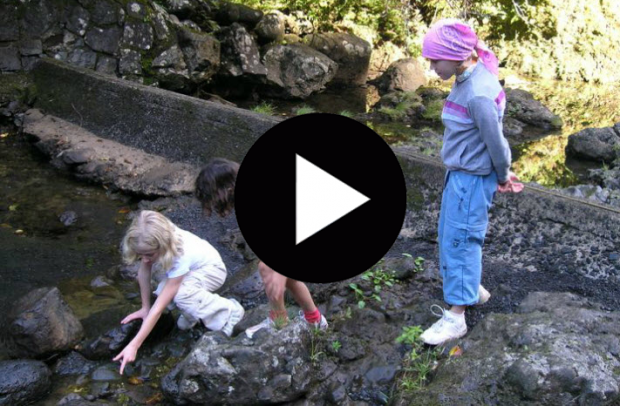Creating a Scenario-Based Learning Environment
In my efforts to transition my courses to a digital medium I’ve struggled with the appropriate balance between online delivery and face-to-face contact, especially when considering student engagement. Survey results from the transition of some of my other courses demonstrate that the instructor’s ability to generate enthusiasm for the subject matter can be significantly diminished in these transitions. Providing lecture slides and reading materials via a course management system does not constitute “online education,” but simply a different delivery format for information. Genuinely interactive lessons have a far greater ability to engage and hold the learners’ focus. Creating a digital scaffold of immunology that challenges students in a multipath, case-based environment to investigate the immune system and immunologic or serologic laboratory techniques can fulfill the promise of engaging online education. The intent is to help students intellectually integrate components of the immune system into a cohesive biological network, first by providing a choice-driven digital portal to course content and then by challenging them in a scenario-based online environment to create their own knowledge scaffolds and schema. By establishing this cognitive network, we hope to improve the ability of students to predict health outcomes or laboratory diagnoses, given specific challenges to the immune system.
To achieve this goal, I developed a game engine called SaBLE (Scenario Based Learning Environment) with support from the Faculty Fellowship Program in the Office of Information Technology at the University of Minnesota. The system allows the instructor to develop scenarios and provide distractor-level feedback to users in a randomized, multipath environment. The technology is a simple, sustainable model that was built with maximum flexibility so that it can be an asset to the rest of my program, as well as the University community at large.
This system has been implemented in my Immunology course. As students interact in the scenario-based environment, they are generating a vast dataset. Already it is apparent that even after successful interactions, the students tend to repeat those interactions by choice, demonstrating active student engagement with course content without intervention by the instructor. The degree to which the students utilize the digital portal to course content cannot be evaluated given the current confines of the technology. We hope that the data will show improved student outcomes in this course and in others as students develop new skills for integrating complex subject matter.


You must be logged in to post a comment.